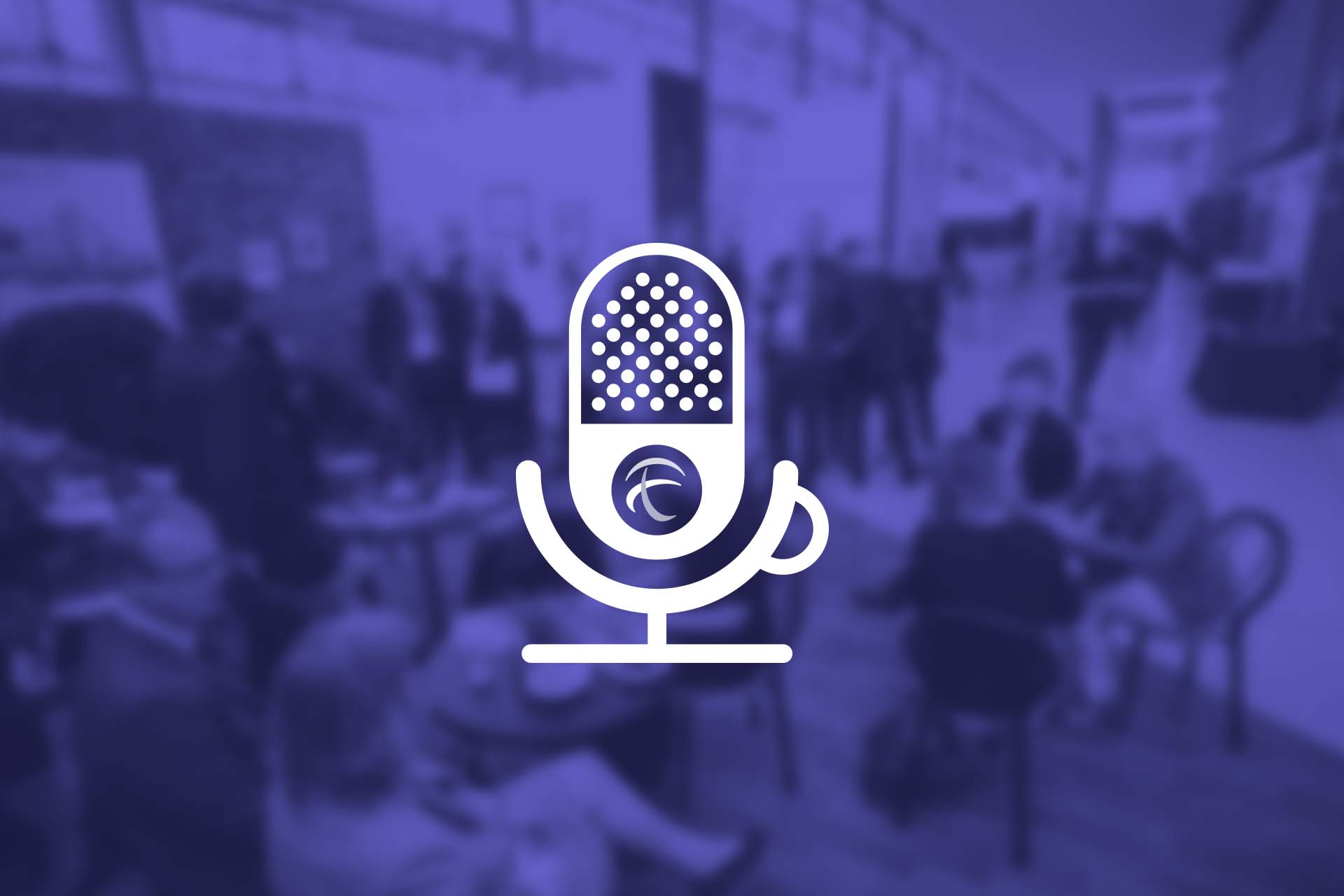In the LAC context, where cities are facing the externalities of the unequal, inefficient, and environmentally harmful territorial distribution and the automobile-oriented transport systems and culture, we need robust evidence to prioritize and allocate our scarce resources to plan, act and monitor for all groups of society in harmony with the environment.
In this context, the role of multilateral banks is to contribute to regional discussions on the use of data for the generation of public policies for sustainable mobility and equity in the use of public space. The Urban Mobility Observatory (OMU) is a tool that was created in 2007 to contribute to these discussions and to close the robust and reliable information gap in the region. CAF and IADB are developing a third edition of the observatory through a conceptual guide to monitor indicators of sustainable urban mobility with information collected under innovative research methodologies.
Join this this Open Stage Café for an interesting exchange with Agustina Catalayud from IDB who will be interviewing Catalina Vanoli from CAF on how the conceptual framework that the UMO has established can help cities identify weaknesses in the mobility system, prioritize lines of action and monitor their progress in a transparent way. Starting from collecting quality data, developing innovative and cost-effective methodologies, and keeping up to date the information. Analyzing the data and designing public policies, regulations, investments and interventions to improve the shortcomings that were identified and prioritized. Finally making a plan to keep that information to date to monitor the progress of efforts and investments.
Organiser:
- Development Bank of Latin America (CAF) & Inter-American Development Bank (IADB)
Date:
Time:
Location:
Speakers
- Catalina Vanoli – Urban Mobility Specialist, CAF
- Agustina Catalayud – Head of Transport Research, IADB



